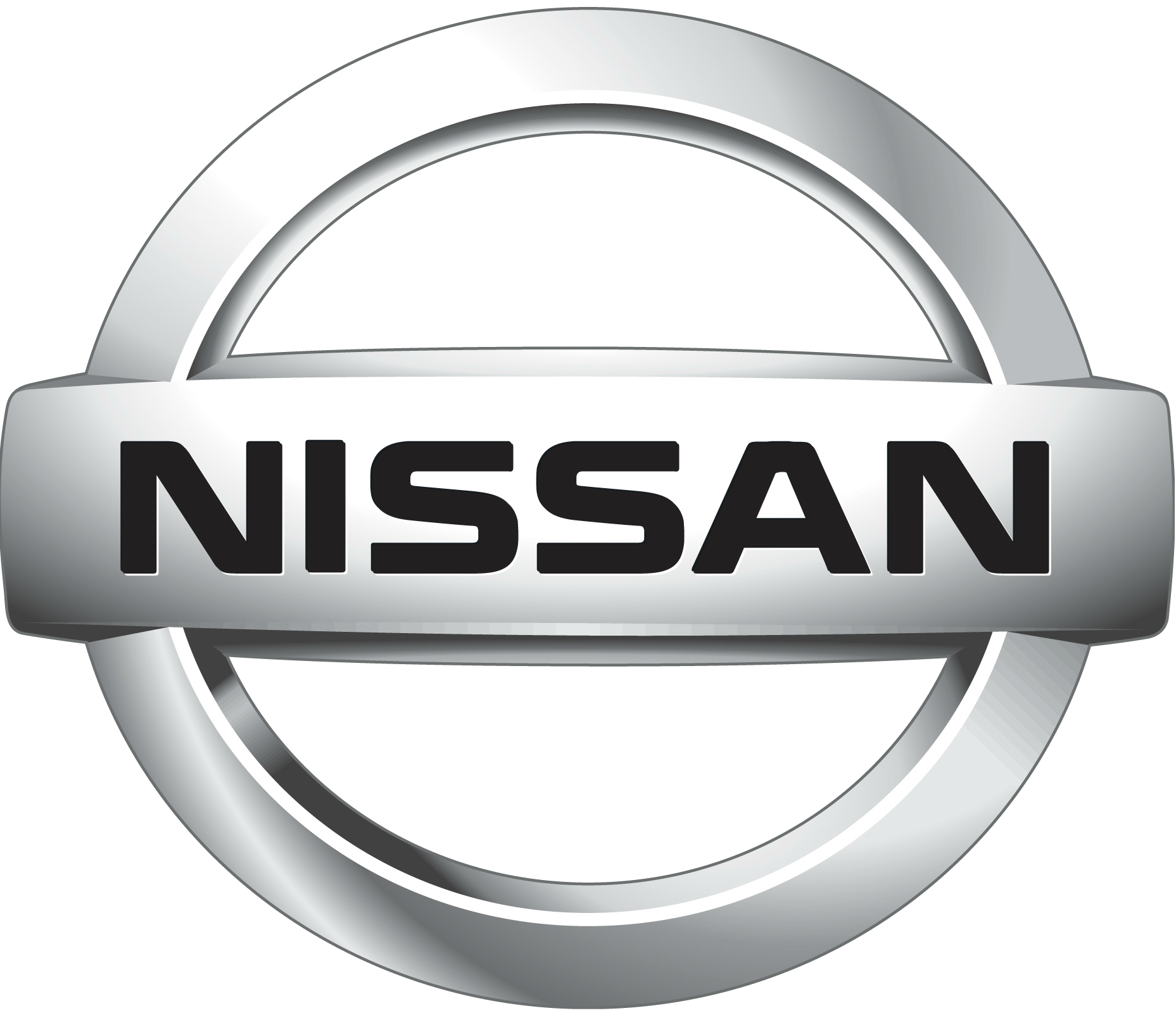An extended car warranty can save you lots of money if the vehicle ends up requiring repair services that are covered under the plan. However, research has shown that most people who purchase extended warranties don’t actually use them. So, to choose what’s right for you, take into consideration the cost and weigh it against the likelihood of needing to use it. Also, don’t forget to evaluate your ability to pay for those repairs without a warranty.
What’s An Extended Warranty?
An extended warranty- also called a vehicle service contract – refers to an optional plan one purchases to cater to the cost of certain repairs that their vehicle might need while they’re still owning it. Typically, it starts when the warranty offered by the manufacturer expires. But there are some instances where the two overlap.
Does An Extended Warranty Cover Everything?
An extended Nissan warranty might help cover the cost of particular repairs to your car when the manufacturer’s warranty expires. But it’s good to note that extended warranties usually come with a high price tag.
Perhaps most of the warranties you buy don’t cover as many parts as the original manufacturer does. So, you ought to be careful to check the level of coverage provided by the plan you’re considering.
For instance, you’ll find that most extended warranties don’t cover routine maintenance tasks like oil changes, new brakes, and new tires. And roadside assistance is often a separate purchase as well.
How Do I Need To Pay For Extended Car Warranty?
When you purchase a vehicle from a dealer, they’ll probably ask you if you’re interested in buying an extended warranty along with it. Just like the financing they provide, dealerships usually tend to mark up the price of a Nissan extended warranty to gain some extra profit.
So, if you’re serious about buying one, try negotiating with the dealer to see if they can lower the price or opt for an independent provider. Coverage options vary greatly and the price you’ll pay varies depending on what the plan covers as well as the make of your car. Typically the warranty can cost between $1,000 and $3,000.
New Versus Used Cars
When you purchase a new car, you won’t really need to utilize an extended warranty immediately since the manufacturer’s warranty covers the cost of various repairs for the first few years of owning the car.
How long does the manufacturer’s warranty last?
The length of the warranty often varies from one manufacturer to another, but most provide bumper-to-bumper warranties for 3 years. On the other hand, powertrain warranties might last up to sixty months.
Nonetheless, if you purchase a used vehicle from a dealer, there’s a high possibility that it won’t be covered under the manufacturer’s warranty. In this case, you may want to purchase an extended warranty for an added cost.
Should I get an extended car warranty?
It may be tempting to purchase an extended car warranty to protect against unexpected repair costs. Nonetheless, it’s essential that you evaluate the pros as well as cons before you can make your final decision. Besides, you may also want to conduct extensive research to establish what best suits your needs. You really don’t want to spend your money on something valueless-so be keen about the decisions you make. Only pick what’s best.
Extended Warranties: The Pros
Increased Affordability
An extended car warranty is relatively cost-effective, especially if your vehicle requires costly repairs that are covered under your contract. Rather than paying the whole bill out of your pocket, the warranty provider would pay everything, except for the deductibles.
Peace Of Mind
An extended warranty also gives you the peace of mind you need when you’re behind the wheel. You won’t need to pay for any repairs in case something goes wrong. Plus, you can rest assured that nothing will keep you stuck on the road at night.
The Limitations
Before you can decide if the price is worth it, there are certain aspects you may want to take into consideration.
Usage- Most people who buy an extended warranty never use it. If the utilize it, however, the cost of repair often tends to be lower than the warranty’s price.
Overlap– If the period of coverage offered by the warranty overlaps with your manufacturer’s warranty, you might need to pay for a warranty you are already getting for free. When it comes to new cars, the extended warranty only takes effect after the manufacturer’s warranty expires. This means that you could pay so much and only end up using a small amount.
Coverage– Extended warranties don’t often cover everything that may go wrong with your vehicle. So, you may find yourself paying for some maintenance repairs like changing tires and changing car oils.
With an extended warranty, you might only be allowed to have your vehicle fixed at specific repair facilities.
Depreciation clauses- Certain warranties might only pay a given percentage of the total cost of repair or simply repair parts that need to be fixed, depending on your car’s mileage.
In most extended warranties, it’s either the responsibility of your dealership, vehicle manufacturer or a third-party to pay for repairs. And in case the entity that’s liable for paying these bills gets out of business, you might be stuck with a cover you can’t utilize.
Bottom Line
Getting an extended warranty could add make the purchase of a car a little more expensive. This might not seem like it’s so much if you’re financing it and wrapping the price of the warranty into your monthly payment. However, it still can be a substantial amount of money, even though you could be paying it upfront.
If you’re purchasing a car with a good track record, it can make sense to ignore the warranty. Instead, save that money for that rainy day when things could go wrong. And if you don’t end up utilizing the money for repairs, you can continue saving it for something else.
